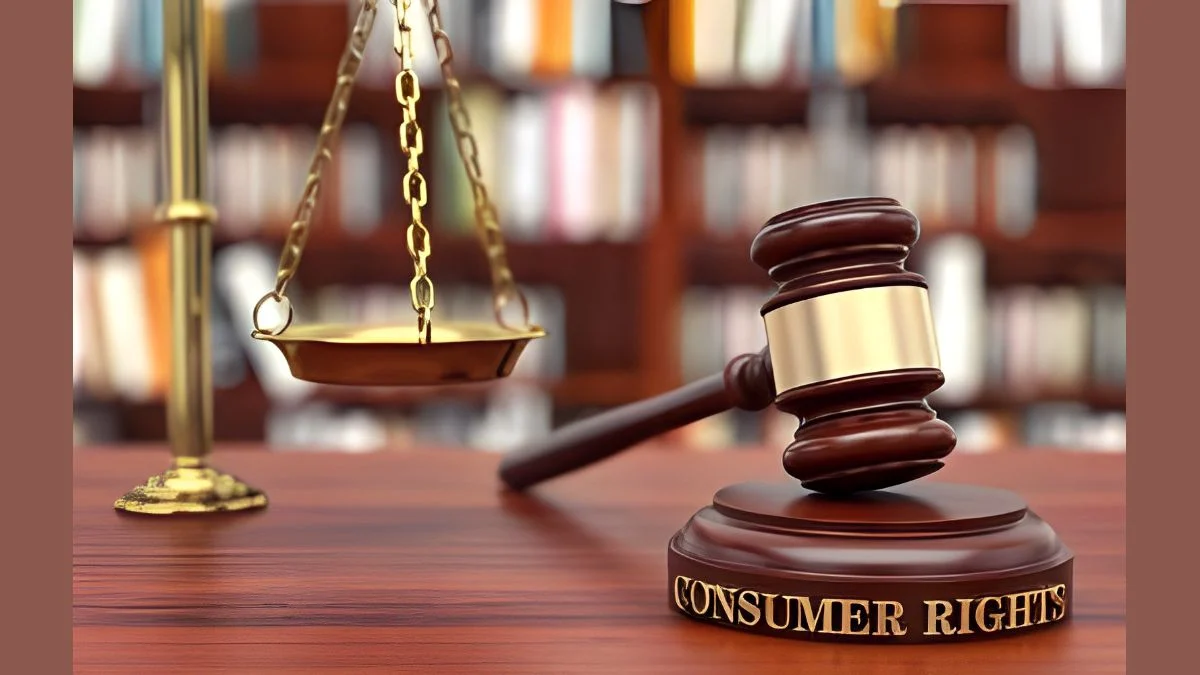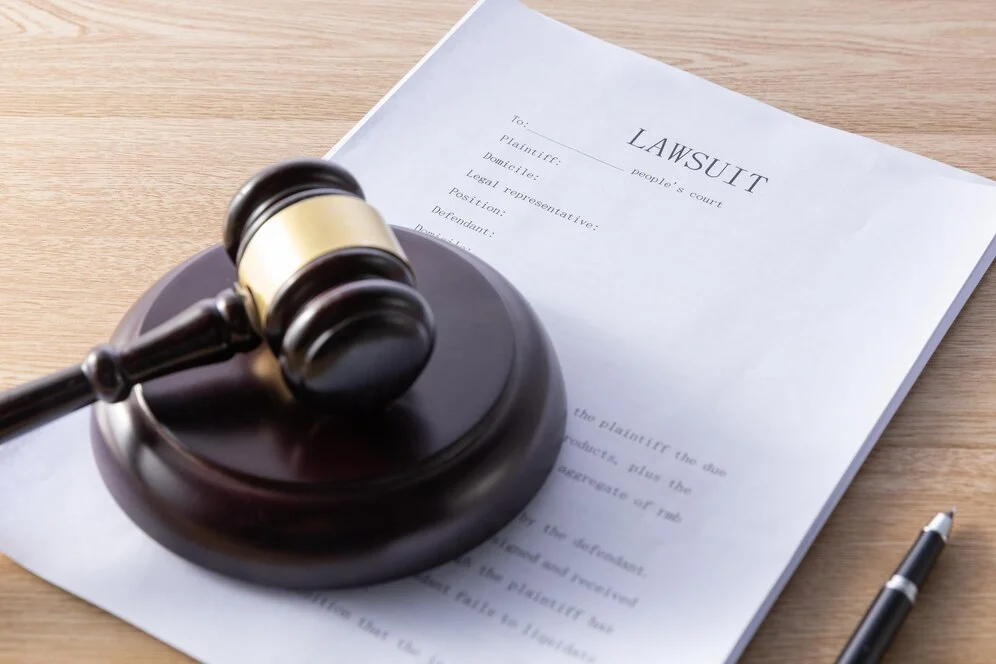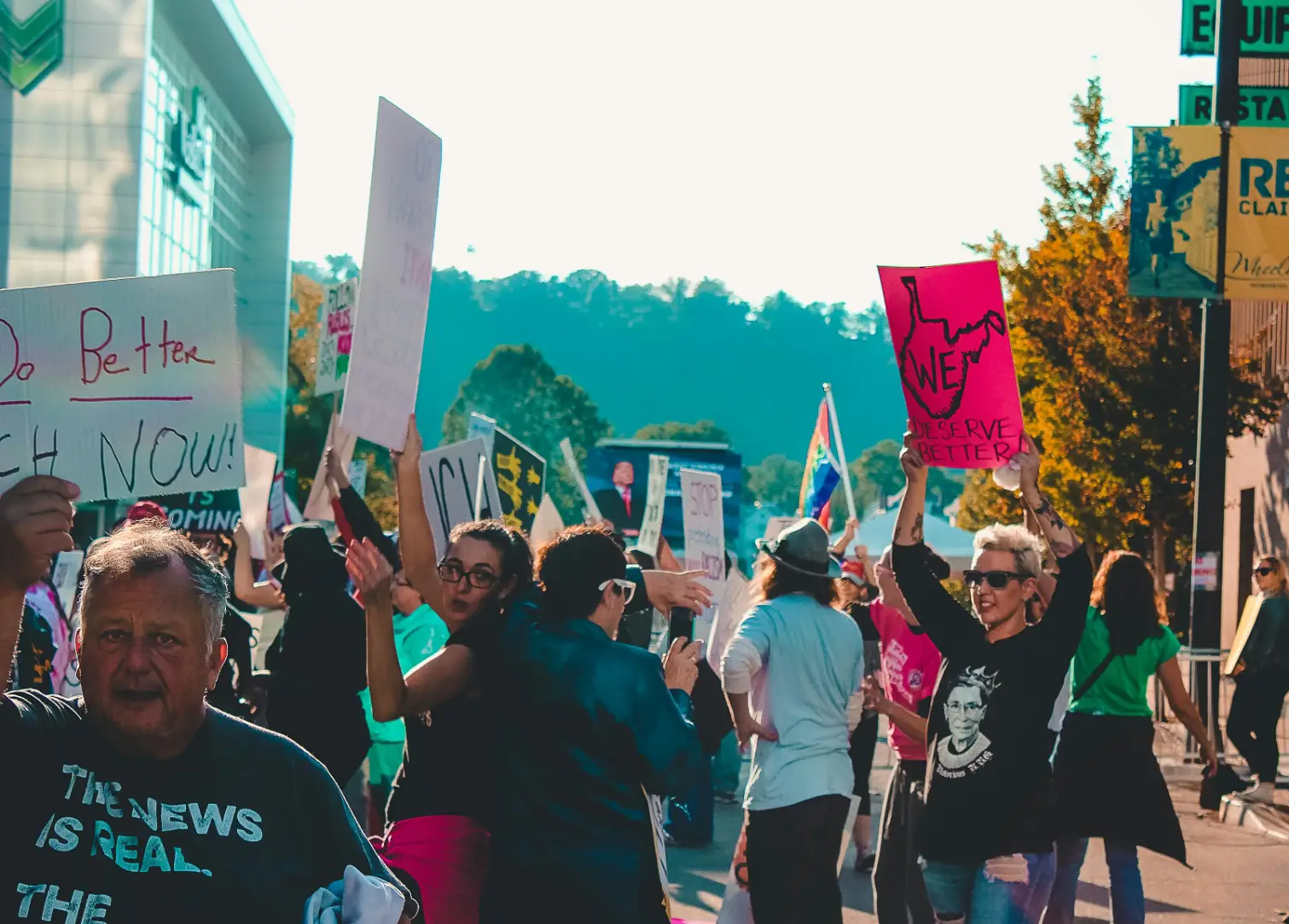
Class action lawsuits are often a tool for consumers who have been harmed by corporate or business practices. They allow consumers to come together and fight for justice, often against companies too large for individuals to take on alone. These lawsuits can have a significant impact on consumer protection laws and practices, benefiting the public in various ways. Let’s explore how class action lawsuits contribute to consumer protection.
What is Consumer Protection?Consumer protection refers to laws and regulations designed to safeguard the rights of consumers against unfair business practices, fraud, and abuse. These protections exist to ensure that consumers can make purchases, enter into contracts, and use services without fear of being taken advantage of or harmed. Consumer protection laws vary by country, but they generally cover issues like product safety, false advertising, and financial transparency.
The Role of Class Action Lawsuits in Consumer ProtectionClass action lawsuits play a significant role in enforcing consumer protection. They allow consumers who have been wronged by companies to pool their resources and take legal action. Instead of each consumer filing an individual lawsuit, which may be costly and time-consuming, class actions consolidate cases, making it easier and more cost-effective to seek justice. Here’s how class actions support consumer protection:
1. **Empowering Consumers**: Class actions allow consumers to band together and take action against companies that might otherwise ignore or dismiss individual complaints. By combining their efforts, consumers are more likely to be heard and see results. Class actions provide a level of empowerment for consumers who might otherwise feel powerless in the face of large corporations.
2. **Ensuring Accountability**: One of the key functions of class action lawsuits is to hold companies accountable for their actions. When a company is found guilty of misconduct, fraud, or negligence, it may be required to pay damages to affected consumers. In some cases, the company may also face sanctions or changes in business practices to prevent further harm. This can encourage businesses to be more ethical in their dealings with consumers.
3. **Deterring Unfair Business Practices**: The threat of a class action lawsuit can deter companies from engaging in unfair or deceptive practices. If a company knows that its actions could lead to a class action, it may be more cautious and responsible in how it conducts its business. This serves as a preventative measure to avoid costly lawsuits and reputational damage.
4. **Bringing Attention to Widespread Issues**: Class action lawsuits often highlight issues that affect large groups of people. When a company engages in practices that harm a significant number of consumers, a class action can bring public attention to the problem. This can lead to broader changes in the industry or even inspire new regulations to protect consumers.
5. **Improving Laws and Regulations**: Class action lawsuits can lead to changes in laws and regulations that better protect consumers. When courts rule in favor of plaintiffs, it can set legal precedents that guide future cases and legal standards. Additionally, class actions may prompt lawmakers to create or revise laws to address new consumer issues or trends.

6. **Providing Compensation to Victims**: While the primary purpose of a class action is often to seek justice, it can also provide compensation for consumers who have suffered harm. Whether the case involves defective products, deceptive marketing practices, or personal injury, class actions can result in financial restitution for affected consumers, allowing them to recover some or all of their losses.
Over the years, several high-profile class action lawsuits have played a key role in shaping consumer protection laws and practices. Here are some examples:
1. **The Tobacco Lawsuits (1990s)**: One of the most well-known examples of class action lawsuits affecting consumer protection occurred in the 1990s. Tobacco companies faced a series of class actions accusing them of misleading consumers about the health risks of smoking. These lawsuits ultimately resulted in a historic $246 billion settlement, which funded public health initiatives and compensated smokers. The lawsuits also led to stricter regulations on tobacco advertising and labeling, improving public awareness of smoking risks.
2. **Volkswagen Emissions Scandal (2015)**: In 2015, Volkswagen was caught using software to cheat emissions tests in its diesel vehicles. As part of the fallout from the scandal, affected consumers filed class action lawsuits against the company. The class actions led to a settlement that provided compensation to vehicle owners, a recall of affected cars, and changes to the company’s practices. The case also contributed to stricter environmental regulations for the automobile industry.
3. **The Equifax Data Breach (2017)**: In 2017, Equifax, one of the largest credit reporting agencies, suffered a massive data breach, compromising the personal information of over 147 million consumers. Following the breach, affected individuals filed class action lawsuits against the company. The settlement included compensation for consumers, free credit monitoring services, and changes to Equifax’s data security practices. The case highlighted the need for stronger consumer data protection laws.
4. **The Apple iPhone Battery Case (2018)**: In 2018, Apple faced class action lawsuits after it was revealed that the company had intentionally slowed down older iPhones to preserve battery life without informing users. The lawsuit resulted in a settlement that provided compensation to affected consumers and required Apple to improve its battery management practices and transparency. This case raised awareness about consumer rights related to product performance and forced companies to be more transparent with their users.
As our world becomes increasingly interconnected and reliant on technology, consumer protection will continue to be a significant issue. Companies must be held accountable for their actions, and consumers must have access to legal avenues that allow them to seek redress for their grievances. Class action lawsuits provide a crucial mechanism for consumers to band together and fight for justice.
While many class action lawsuits focus on specific issues, such as product defects or deceptive practices, their broader impact extends to the entire consumer protection system. These lawsuits help ensure that consumers are not left behind in the pursuit of fairness and justice, particularly when they face corporations with far more resources. Class actions can encourage businesses to prioritize consumer welfare and create more transparent, ethical practices that benefit everyone.
ConclusionClass action lawsuits are essential tools in the ongoing fight for consumer protection. They provide a collective means for consumers to seek justice, hold businesses accountable, and secure compensation for harm. By shedding light on widespread issues and pushing for legal reforms, class actions contribute to stronger consumer protection laws and practices. As long as businesses continue to face the threat of class action lawsuits, the interests of consumers will remain at the forefront of the legal and regulatory landscape.
Subscribe to our newsletter and never miss an update.
Get the latest posts delivered straight to your inbox.

Senior Contributor
Ravi Raj is passionate about impactful storytelling. With a unique voice and deep insights, they turn everyday stories into compelling reads that resonate and inform.
Read Full Bio
By Kusum Singh
23 Dec 2025

By Ravi Raj
31 Dec 2025

By Ravi Raj
22 Dec 2025

By Kusum Singh
02 Jan 2026

By Ravi Raj
30 Dec 2025

By Kusum Singh
21 Dec 2025

By Ravi Raj
02 Jan 2026

By Ravi Raj
02 Jan 2026

By Ravi Raj
20 Dec 2025

By Ravi Raj
31 Dec 2025

By Ravi Raj
01 Jan 2026

By Kusum Singh
19 Dec 2025